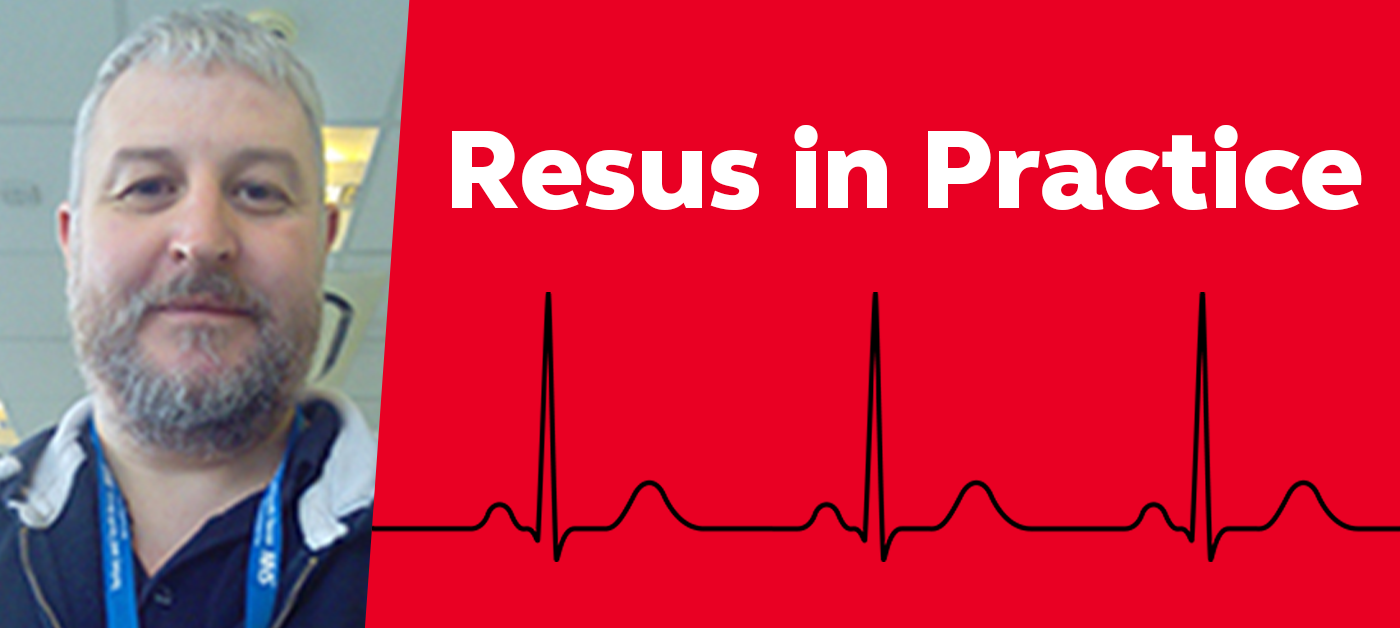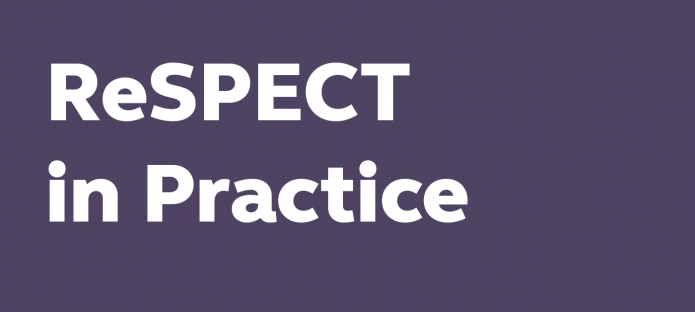Life is a busy and unique adventure when you’re a community resuscitation officer working in an integrated care organisation - but it’s all in a day’s work for Stephen Williams.
Stephen became a community resuscitation officer in 2001, and today works at the Torbay and South Devon NHS Foundation Trust - an integrated care organisation (ICO). They provide health and social care across both acute and community services, with a focus on taking care of people in their own homes and avoiding admissions to acute care settings where possible. The area that they cover is sprawling, and includes Ashburton, Dartmouth, Dawlish, Teignmouth, Newton Abbot, Torbay, Paignton, Totnes and Brixham.
Just like other resuscitation officers, no two days are the same for Stephen. Most days include fixed training courses, such as Immediate Life support, basic life support, mandatory training, or bespoke Adult and Paediatric courses with AED. He also delivers courses on anaphylaxis and recognition of the sick adult. He works to teach all community staff paediatric basic life support, as staff have incidental access to children as part of their day to day job and this is also included on all adult courses.
Aside from training, Stephen’s day to day activities include following up cardiac arrests in their community hospitals, supporting staff, providing and maintaining resuscitation equipment, auditing resuscitation equipment to ensure it is fit for purpose and ready to use, attending health centres and attending resuscitation steering group meetings. It’s a lot of plates to keep spinning, but Stephen also ensures he supports the lead of service with the development of resuscitation policies (and presenting them if required) and supports Advanced Life support courses at Torbay Hospital. Stephen is also a member of Resuscitation UK’s Immediate Life Support Subcommittee.
Because Stephen’s Trust is an ICO, there are also some elements to his job that aren’t typical for a resuscitation officer. None of Torbay and South Devon’s community hospital/MIU sites have cardiac arrest teams, so they are reliant on the 999 ambulance services to attend and, when necessary, transfer patients to secondary care. Because of this, the Trust makes sure as many clinical staff as possible attend an RCUK ILS course.
Recent changes at the ICO means that there is a push to deliver more care in the patient’s own home and to prevent readmission to hospital. Sometimes this presents challenges, such as a lack of access to large amounts of resuscitation equipment. Instead, they have immediate care teams that complete vital signs in people’s homes to ensure they identify the ill patient before it becomes an emergency situation.
In some community-based settings, they have cardiac arrest trolleys with AED, suction units, Oxygen, IGEL and in other areas have grab bags with basic airway equipment, suction units and oxygen. They also have support from a number of staff in Community Hospital minor injuries units, ward-based staff, District/Community Nurses, Dental clinics, Physiotherapy, Occupational therapy, podiatry, community midwives, Public health nurses, dermatology staff, among others.
For staff that work in the acute settings, they feel very lucky that the staff are able to access the cardiac arrest teams by dialling 2222. In the community, it has to go through a 999 call, and they must provide more detailed information to the ambulance service, as incorrect information can lead to a delay or incorrect type of response.
Being in Devon, this can be particularly challenging. Much of the ground Stephen covers is rural, which can impact ambulance wait times. Because of this, the team does a lot of work around prevention and addressing ‘Do not attempt cardiopulmonary resuscitation’ when appropriate and required.
There’s much to do for Stephen, but he feels the best part of his job is promoting resuscitation.


